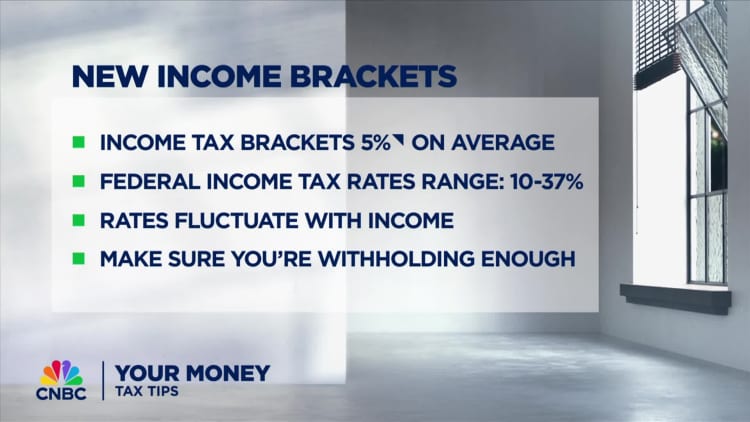Between Uncle Sam and the winner’s home state, that headline number could be cut in half by the time it reaches their hands.
Landon Buzzerd
Associate wealth advisor at Grant Street Asset Management
Eight states don’t tax lottery winnings. They are: California, Florida, New Hampshire, South Dakota, Tennessee, Texas, Washington and Wyoming.
The next Powerball drawing is Monday at 10:59 p.m. ET, and the chances of hitting the jackpot are roughly 1 in 292 million.
Lump sum distribution could be ‘a mistake’
“Virtually everybody who wins the lottery picks the lump-sum distribution,” Andrew Stoltmann, a Chicago-based lawyer who has represented several lottery winners, previously told CNBC. “And I think that’s a mistake.”
Without a team of experts, or “infrastructure,” such as a financial planner, tax advisor and attorney, a big winner could easily mismanage the lump sum windfall, he said.
“Any sizable lotto win will often lead to a huge change in lifestyle,” said Houston-based CFP Crystal McKeon, chief compliance officer at TSA Wealth Management. “People buy mansions, boats, planes, invest in bad business deals or give money away because they think they have more than enough.”
The 29-year annuity could offer guardrails, which may be appropriate for certain winners, experts say. Of course, the opportunity cost for the annuity is less money to invest upfront.
The latest Powerball jackpot comes less than one week after a single ticket purchased in New Jersey won Mega Millions’ fifth-largest grand prize of $1.128 billion.
That grand prize is back down to $36 million and the chances of winning are roughly 1 in 302 million.
Credit: Source link




